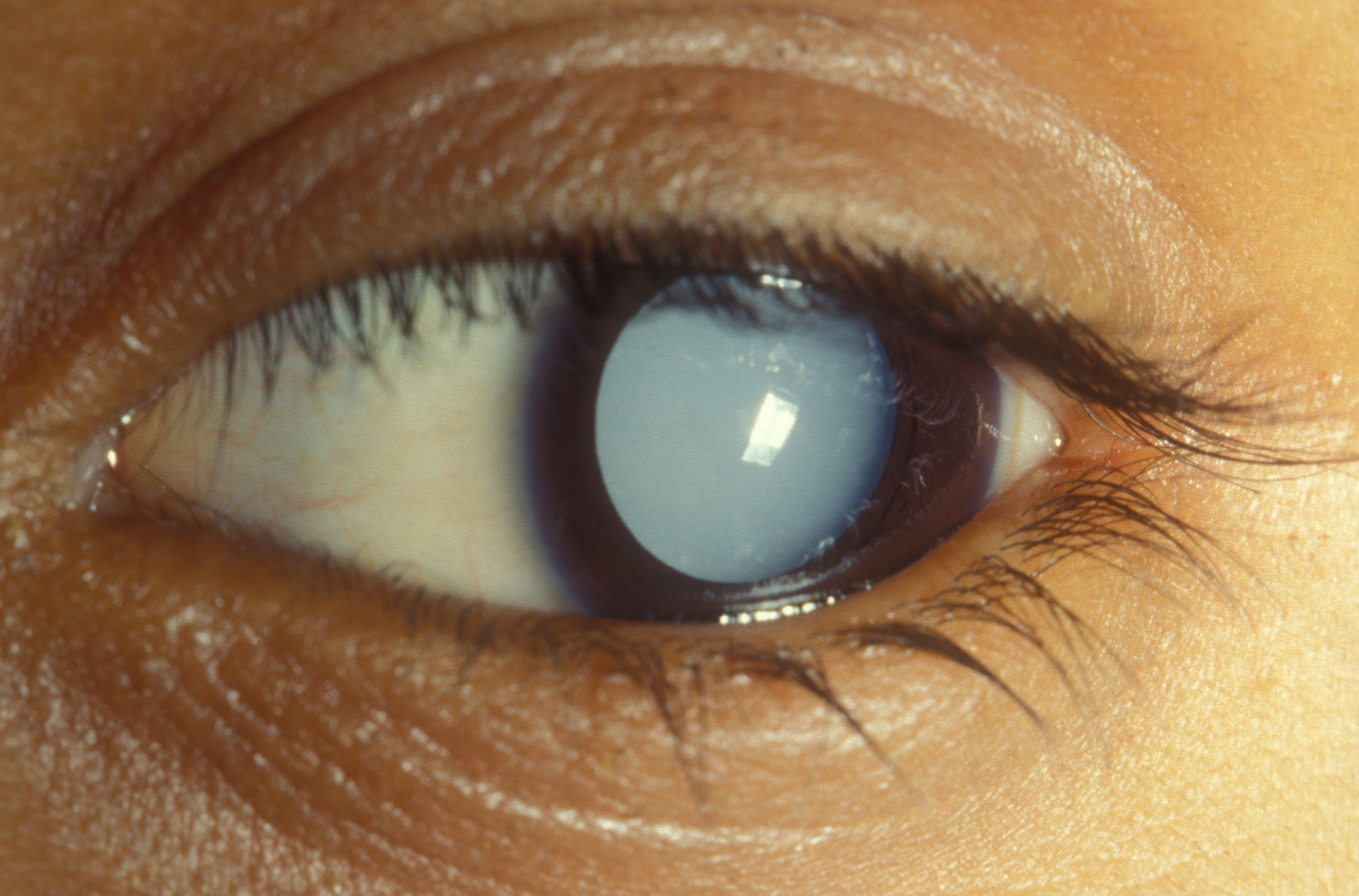Supersensors: How the loss of one sense impacts the others
/Would you ever voluntarily give up one of your senses? Turns out, the answer for an ever-increasing number of people is yes (albeit only temporarily). Novelty concepts such as dining in the dark have risen in popularity over the past decade; restaurant-goers frequently give up their sense of sight as a way to have a “heightened” mealtime experience. Most of these diners believe that their temporary blindness intensifies their other sensations - but how would a more permanent loss of sensation affect the ways we perceive our world?
Read More








